The creation of new ventures is important in any society, as this promotes a country’s socioeconomic conditions, productivity, and prosperity. In the USA, millennials and Gen Zers exhibit unique entrepreneurial characteristics compared to baby boomers, owing to rapid technological advancements and globalization in their life period. The entrepreneurial spirit index published by IPSOS corroborates these statistics.
The United States holds the third-highest entrepreneurship rate among 21 high-income countries, and a reported surge in entrepreneurship — especially among women and people of color post-pandemic — is considered a good sign. Being an entrepreneur with the right motivation, inspiration, and game plan is crucial to succeed, as starting and running a business comes with unexpected challenges and stumbling blocks.
According to Harvard Business School Professor William Sahlman, 70 percent of businesses survive for at least two years, roughly 50 percent last five years, and just 25 percent make it 15 years.
What is Entrepreneurship?
The first thought that comes to mind when hearing the term entrepreneurship will be starting a business. The word “entrepreneur” originated from the French word “entreprendre” (to undertake), leaving broad room for interpretation and application. Hence, a specific definition of the word often lacks consensus.
Howard Stevenson, known as “the godfather of entrepreneurship studies” at Harvard Business School (HBS), has defined entrepreneurship as the “pursuit of opportunity beyond resources controlled.” As fellow HBS professor Tom Eisenmann elaborates, “‘beyond resources controlled’ implies resource constraints. At a new venture’s outset, its founders control only their own human, social, and financial capital. Many entrepreneurs bootstrap: They keep expenditures to a bare minimum while investing only their own time and, as necessary, their personal funds.”
Further, as the Center for American Entrepreneurship defines it, “Entrepreneurship is the process by which individuals or a group of individuals (entrepreneurs) exploit a commercial opportunity, either by bringing a new product or process to the market, or by substantially improving an existing good, service, or method of production. This process is generally organized through a new organization (a start-up company), but may also occur in an established small business that undergoes a significant change in product or strategy.”
Key Concepts in Entrepreneurship

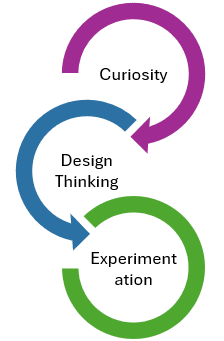
1. Curiosity and Experimentation: The entrepreneurship journey begins with curiosity. It could be challenging an existing process, product, or service. Curiosity will trigger questions. Those questions lead to identifying problems, overlooked scenarios, and opportunities. An entrepreneur systematically analyzes the problem and determines to find a solution. There may be two solutions to the problem: either inventing a new solution or improving the existing process, product, or service. The entrepreneur must apply their design thinking, knowledge, or expert support to solve the problem. The entrepreneur may need to use tools and techniques during this phase to systematically test their idea and experiment with the concept from various perspectives. However, not all problems may be entrepreneurial opportunities. How can we distinguish the problem and solution identified as good ideas for an entrepreneur to pursue? That is the next concept.
2. Research and Viability: In the second phase, the entrepreneur needs to research the market/target audience for the idea, technical and financial feasibility, and legal and ethical compliance. Market research identifies the potential customers and users for the idea. Technical viability assesses the technical possibility of inventing or improving the product or service to address the problem. Financial viability is a loaded question that requires research to answer the following questions:
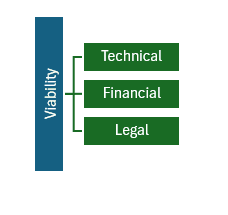
- What is the capital investment required to initiate entrepreneurship?
- What is the return on investment (ROI) period?
- What is the estimated profit margin for the product or service?
Last but not least, confirm the legal and ethical aspects of the solution. If all this research shows a positive outcome, the idea passes the viability concept and qualifies for the next phase.
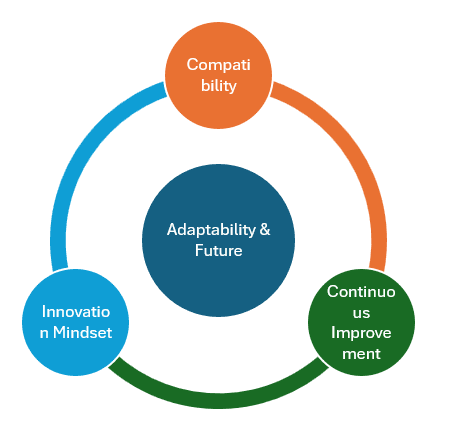
3. Adaptability and Future: Before deep-diving into adaptability, let’s discuss compatibility.
Two compatibilities potentially influence adaptability concepts: backward and forward compatibilities. Backward compatibility is related to synchronization to existing processes, products, or services. Forward compatibility is the solution or idea’s compatibility with the upcoming technology or process changes. This is not a one-time process. Continuous analysis with an innovation mindset is required. Technological advancements are fast-paced. So, understanding and applying compatibility is critical for the adaptability concept. Adaptability influences the future of the product or service associated with entrepreneurship.
4. Scalability & Vision: An entrepreneur’s vision and mission are important. Also, it must be articulated clearly, documented, and shared with all team members/staff, which is equally important. The critical concept here is to start with a start-up and minimum viable product strategy, but the initial process should be able to scale up when appropriate. The marriage of a start-up and a growth mindset from scratch is key to remembering.
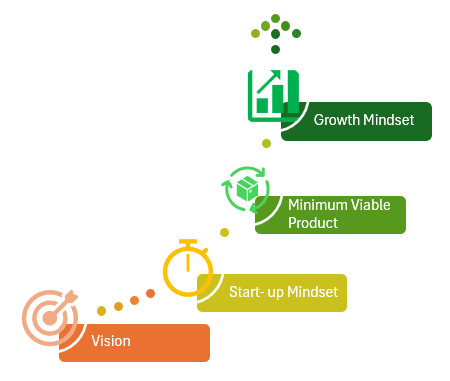
5. Decisiveness and Process: Once entrepreneurship takes off in action, the entrepreneur should face numerous challenges and decision points. Making informed and timely decisions is critical. Practicing fact-based decision-making is a good idea for new entrepreneurs. Every decision has impacts and consequences, so managing and taking corrective actions must also be part of the monitoring and control process. Even at the beginning of entrepreneurship, the entrepreneur must define and have a process for decision-making, reviewing, and controlling the impact. A lean process and structure can help scalability as well. A good decision-making process can help minimize a product or service’s “nice to have” features.
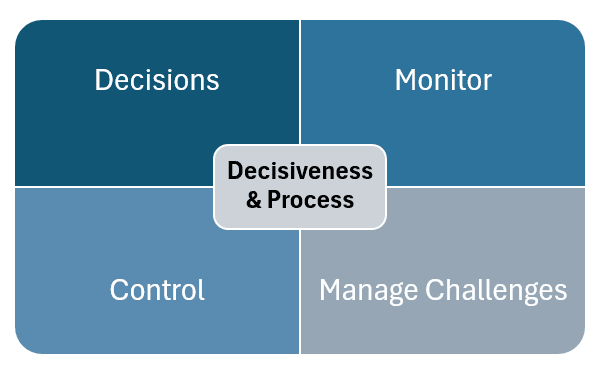
6. Leadership and Management: Entrepreneurship success depends on the leadership skill or the ability to hire/use the necessary resources. Entrepreneurship demands three key concepts.
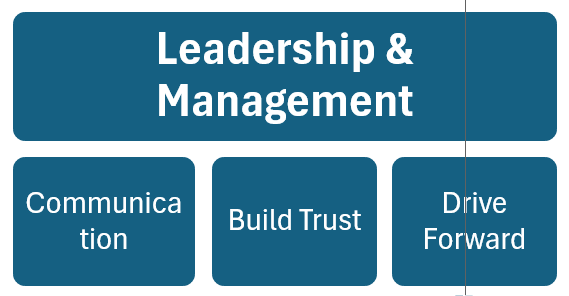
- Communication with stakeholders includes investors, buyers, distributors, employees, financial, legal, media, and government agencies.
- Managing all the different communication channels, building trust, and ensuring the ball is moving in the right direction in a timely manner are critical.
- The entrepreneur should have those concepts and skills under the belt or have those skills available when needed.
7. Sustainability and Growth: Every entrepreneur wishes for sustainable growth to build a profitable business. Entrepreneurship is not a target to hit and then relax. This is a journey and an ongoing process. Resilience is a great skill that helps the entrepreneur run the business, even in a crisis.
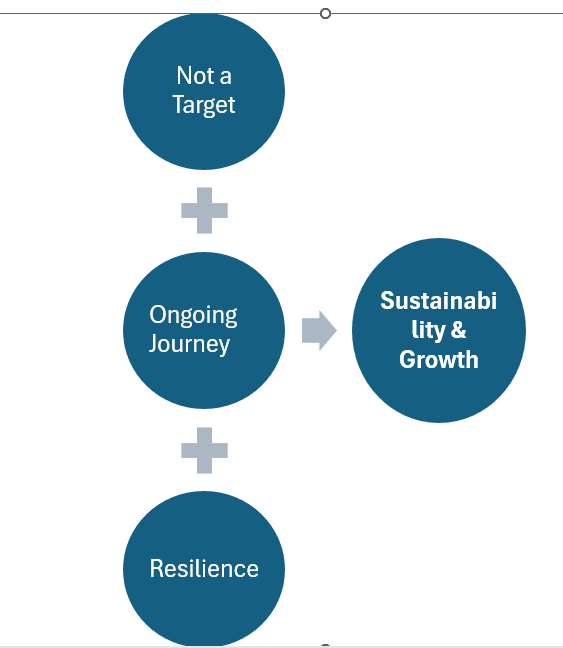
Let’s conclude with a famous quote from Harsh Mariwala, founder of the Marico company:
“Resilience is the secret sauce of entrepreneurship.”
— Harsh Mariwala
